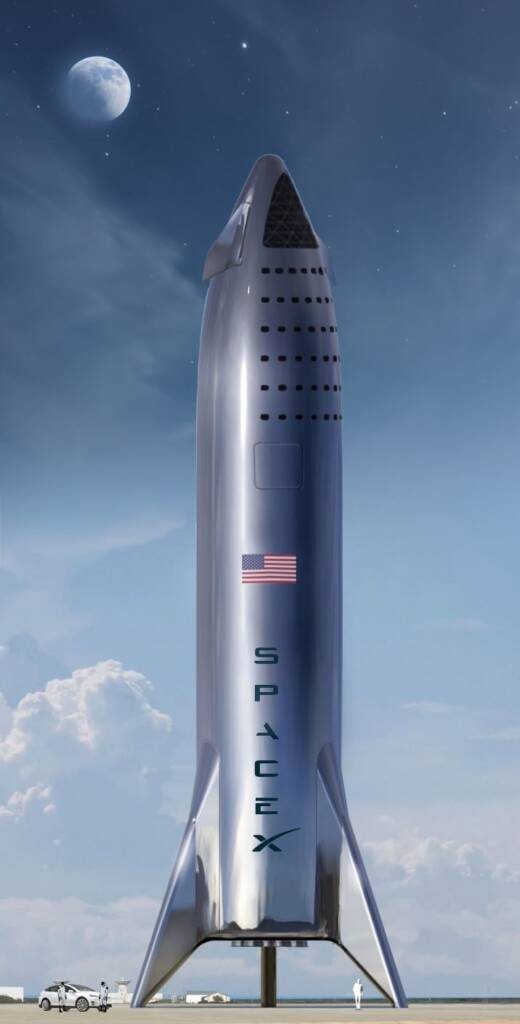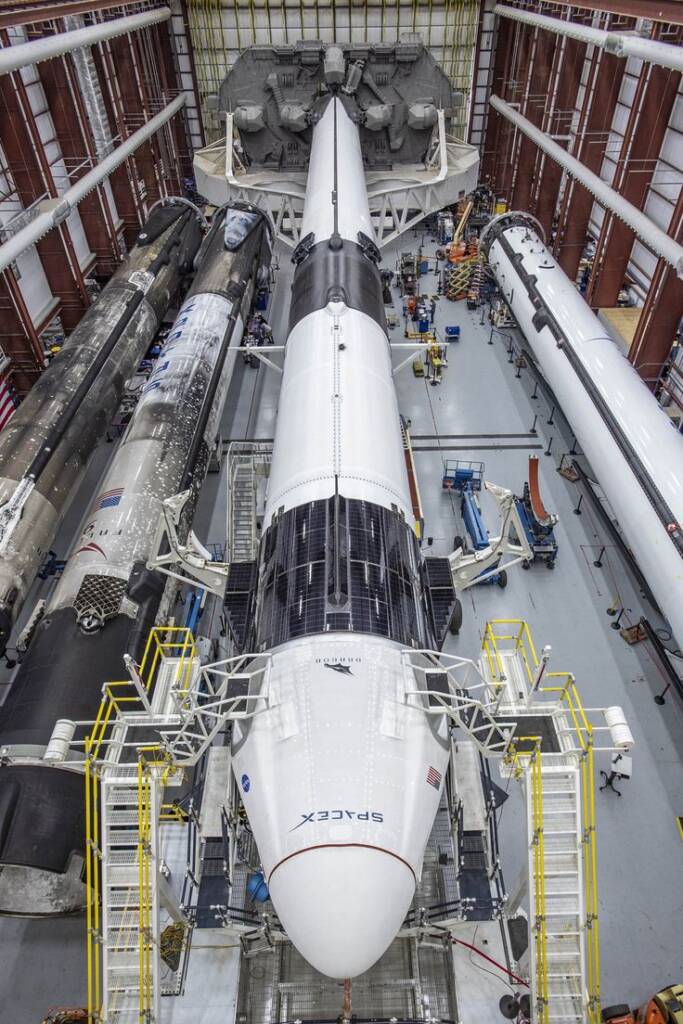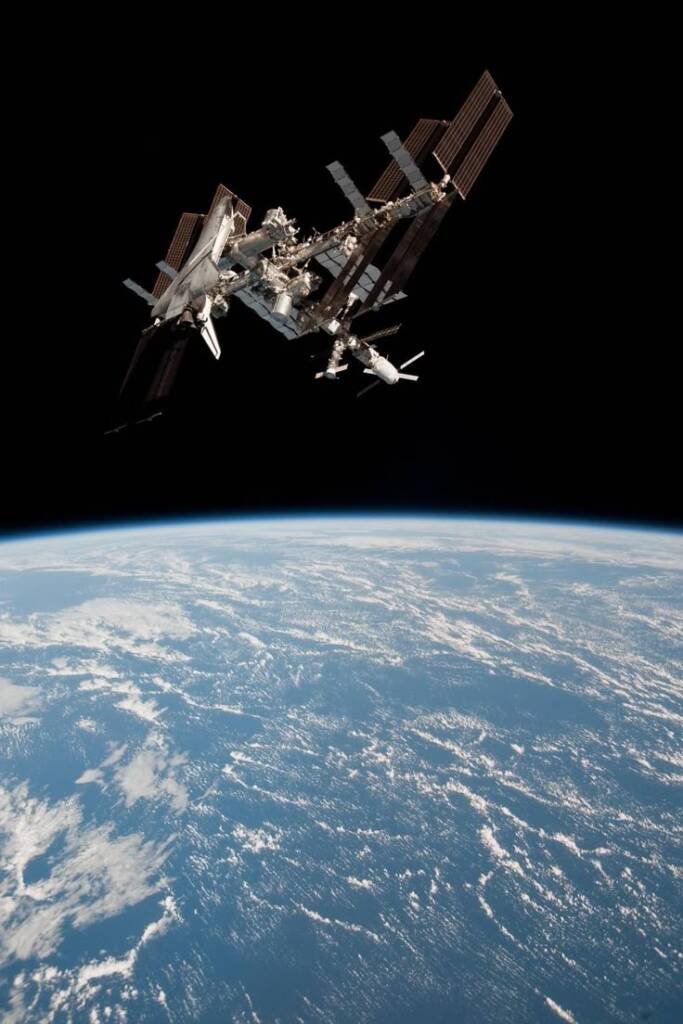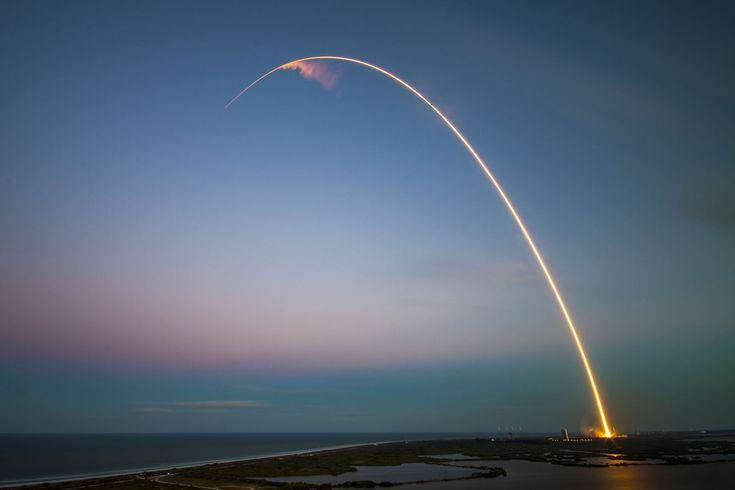Exploring Ownership, Responsibility, and the Future of Outer Space
As we enter an era of lunar missions, Mars exploration, and asteroid mining, the once-theoretical question—“Who owns space?”—is now a real legal and ethical dilemma. Can anyone claim a piece of the Moon? Are private companies allowed to mine asteroids for profit? What if two countries want to operate in the same area on Mars?
The Outer Space Treaty – A Global Agreement
The most important piece of international space law is the Outer Space Treaty, signed in 1967. This treaty is like the foundation of space law, and over 110 countries, including major spacefaring nations like the USA, Russia, China, and the UK, have signed it.
It clearly states:
- No country can claim ownership of the Moon or any other celestial body.
- Space is for everyone—it is a “province of all mankind.”
- Countries are responsible for everything they launch into space, whether by their government or private companies.
- Space must be used only for peaceful purposes, and no nuclear weapons or military bases are allowed on celestial bodies.
So if no one can own space, that means the Moon, Mars, and asteroids cannot be bought or sold as property. But as technology advances, the conversation gets more complicated.
Can Companies Own Resources from Space?

The Outer Space Treaty says you can’t own land in space, but what about resources like water, minerals, or metals?
This is where things get tricky.
In 2015, the United States passed a law (the Commercial Space Launch Competitiveness Act) allowing American companies to extract and own resources from space—like mining an asteroid and keeping the metals. In 2020, Luxembourg passed a similar law, and other countries are starting to follow.
While this doesn’t mean owning an asteroid, it does mean owning what you take from it. This is similar to fishing in international waters: you can’t own the ocean, but you can keep the fish you catch.
Still, some critics argue this might violate the spirit of the Outer Space Treaty, which emphasizes cooperation and shared use.
A Shared Responsibility
Even though no one owns space, every nation is responsible for what they put into orbit. That means if a satellite crashes or causes damage, the launching country must deal with the consequences.
Countries also must register their space objects with the United Nations, including satellites and probes. This helps avoid confusion and collisions in the increasingly crowded area of low Earth orbit.
Plus, there are agreements like the Rescue Agreement, which says that astronauts are “envoys of mankind” and must be rescued if in distress, no matter what country they come from.uestion of ownership and governance—who gets to decide how Mars is transformed and who it belongs to?

What About the Moon and Mars?
The Moon Agreement, created in 1979, tried to go further than the Outer Space Treaty. It said the Moon and its resources belong to everyone and that future mining should benefit all countries equally. However, very few countries signed it—and none of the major space powers did—so it’s not widely followed.
As a result, there is no detailed law yet for how resources on the Moon or Mars should be shared or managed. Some experts suggest we need new international laws similar to the Law of the Sea, which governs ocean use and deep-sea mining.
What About Private Companies?
Private companies like SpaceX, Blue Origin, and others are rapidly entering the space industry. They are launching satellites, planning lunar missions, and exploring possibilities for space tourism and mining.
These companies cannot own land in space, but they can operate there—with permission from their governments. For example, if a company in the USA wants to launch a lunar rover, it must get approval from the U.S. government, which is then responsible under international law.
As private space activity increases, so does the need for clear rules, conflict resolution methods, and agreements on fair use of shared space resources.
So, Who Really Owns Space?
In simple terms: no one owns space—and everyone does.
According to current international law:
- No nation or person can claim territory in space.
- Resources can be used, but the legal rules are still evolving.
- Countries are responsible for their actions in space, even if it’s a private company doing the work.
- Cooperation, not conquest, is the goal.
As we go further—setting up lunar bases, launching Mars missions, and extracting resources—we’ll need to update and expand our legal frameworks. We must balance innovation with fairness, national interests with global cooperation.
The Future of Space Ownership

Space is becoming more accessible every day. What used to be the domain of superpowers is now open to startups, scientists, and even school projects. With this growth comes responsibility.
In the coming years, the global community must answer:
- How do we share space fairly?
- How do we prevent conflict over resources?
- How can we protect space environments from damage or overuse?
The answers will shape the future of space exploration—and of life beyond Earth.


